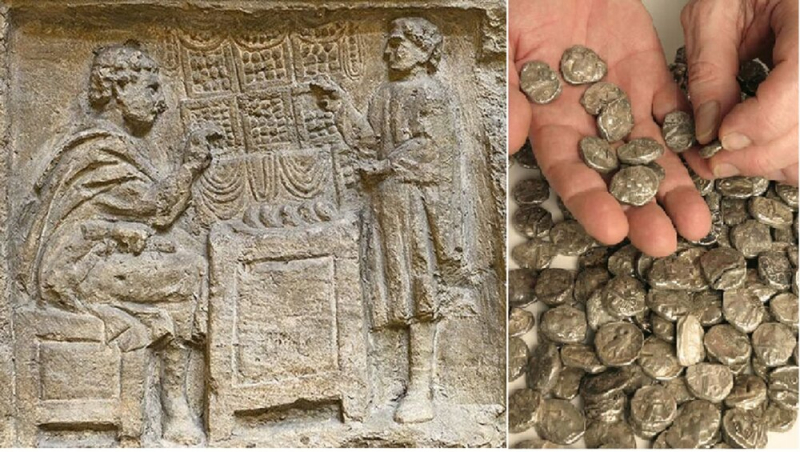Taxation System
The taxation system is one of the inventions and discoveries of the Persian civilization. It was referred to as Achaemenid Taxation and played a significant role in the Achaemenid state administration. Subjects were primarily required to deliver gifts during the leadership of Cyrus II and Cambyses in the Persian Empire, while Darius I was the first to impose regular taxes (r. 522-486 BC). Cyrus II had a state tax system in place, but it was unregulated, so those who didn't pay taxes had to deliver gifts, and vice versa.
Persians were free from paying monetary taxes because they were the nation's governing class, but they were still subject to taxes in kind. The Elamite Fortification record contains details about tax collecting in southwest Iran during the rule of Darius I. The documents include some receipts for state taxes paid on small cattle.
With the exception of the Indian satrapy, which made its annual contribution in the form of gold dust, the people of the Achaemenid Empire paid the rulers of that time approximately 7,740 Babylonian talents of silver (or 232,200kg) per year.













